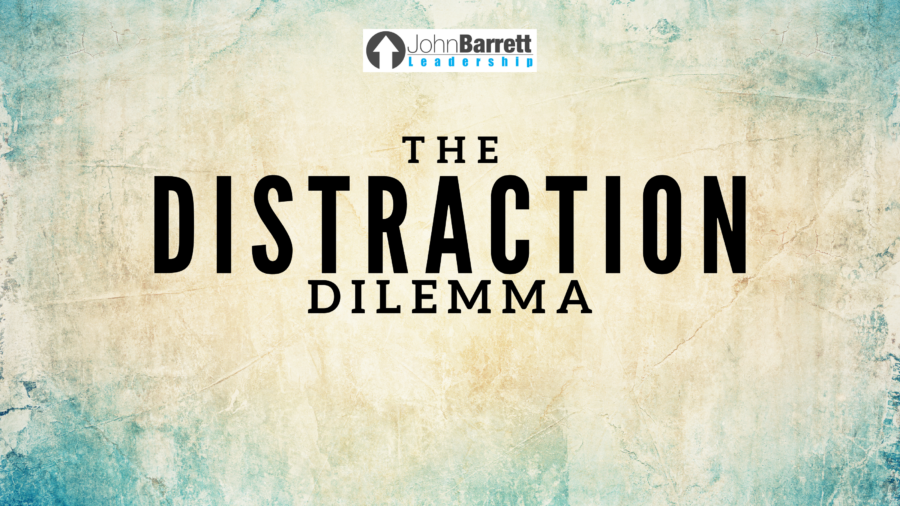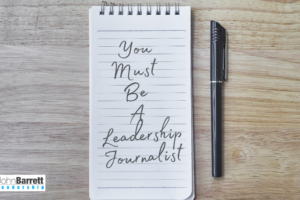The Distraction Dilemma
Distractions kill more productivity than unplanned time. Don’t allow distractions to murder your progress. The word distraction means “to be pulled apart.” The word depicts a medieval type of torture method where a person would be pulled apart at the seams of their limbs by being tied to four horses going in opposite directions. This became known as “Death by Dis-traction.”
Stop letting yourself check your phone every five minutes. Stop letting people corner you in the office, just shooting the breeze. Stop allowing pop-ups and emails to get your attention every few minutes. Don’t allow the pressure of feeling like you have to always be available to expand your workload. You’ll be more productive when you are at your best. So, find when, where, and what you need to do to activate your energy and focus. Productivity increases in distraction-free zones, so you’ve got to have sacred time that you hide away to get things done.
Many people suffer from what I call The Distraction Dilemma. The University of California Irvine did a study, and they said that it takes an average of 23 minutes and 15 seconds to get back to a task after being disrupted from work. Now, that’s an incredible stat, especially added to the research from Atlassian that revealed the average person is interrupted at least 56 times a day. Wow. Imagine how much this distraction dilemma is pulling you away and expanding your day and work so that you’re not getting as much done.
Here is a three-step process to help you overcome The Distraction Dilemma.
Step 1) Discover
You have to discover what your distractions are before you can overcome them. So many people don’t even realize that they’re being distracted. I want you to sit down and write down what your biggest distractions are. Maybe it’s a person; maybe it’s a co-worker you work with that’s constantly interrupting you. Maybe it’s notifications from your phone. Did you know the average iPhone user looks at their phone 2,617 times a day, and that number nearly doubles for millennials. Maybe it’s your email. I want you to discover what is it that’s distracting you so you can know what you’re fighting against.
Step 2) Determine
You’ve got to determine when and where your distraction-free zones will be. I want you to think through and write down when your best times to be distraction-free are and the best places you can go to be focused. You need to know when and where that is and be really intentional about doing some of your best work in those distraction-free times. So write down when is that. Maybe it’s early in the morning; maybe it’s in the mid-day; maybe it’s in the afternoon. Whatever it is, figure out when your best times are to be distraction-free and then figure out where your best places are to do work and to really focus in a place where there’s not a lot of distractions.
Step 3) Decide
Decide what you’re going to do when distractions come your way. You’ve got to have a game plan for when distractions come at you. How are you going to respond to them? And if you don’t decide that now, you’re probably going to go on default and autopilot as you give in to that distraction.
When distractions come your way, ask yourself if you should first delete it. And if you should, then let it go immediately. Don’t even allow it time to get a hold of your mind. Because when it gets ahold of your mind, it captivates your attention.
The other option is to delay it. What I mean by delay is that if a distraction comes, you say, “I’m going to deal with that later today at two o’clock, or I’m going to deal with that tomorrow at 1:00pm.” But, unfortunately, too many times, distractions come in is because we think, “Oh no, I’ve got to do it now.” But I want to challenge you to think through the decision process quickly. If you can’t delete it, then delay it.
Your current time is what you’ve got, and you need to maximize it. So make sure that you follow this three-step process when distractions come your way.
- Discover what they are
- Determine where and when your best time is
- Decide what to do when distractions come your way
If you follow this process to keep your distractions down, you’re going to begin to get traction, and you’re going to begin to create momentum in your life.









